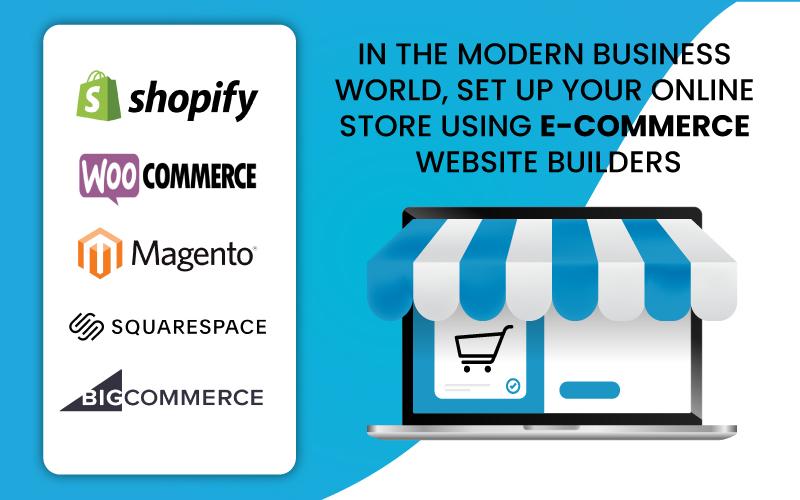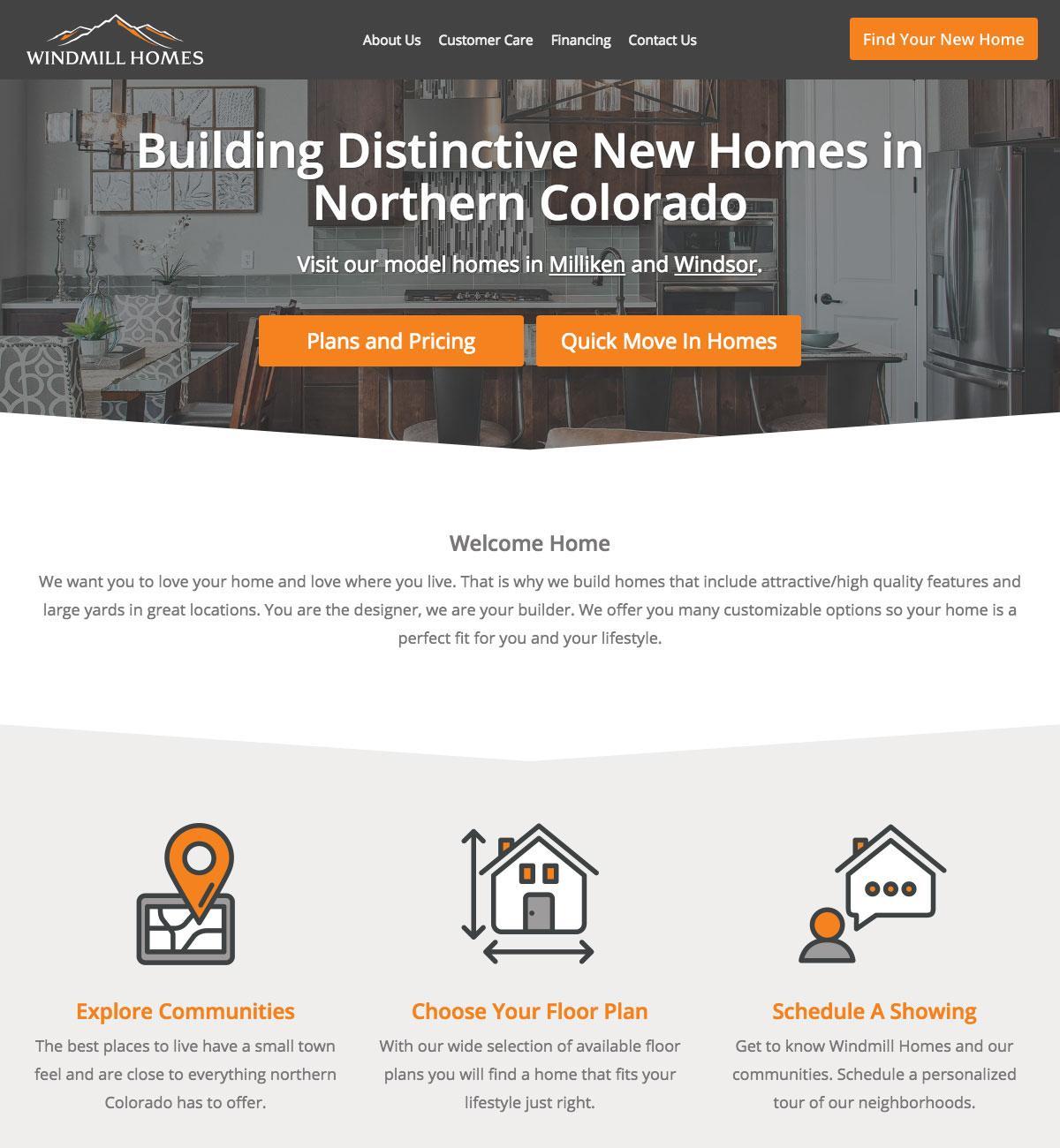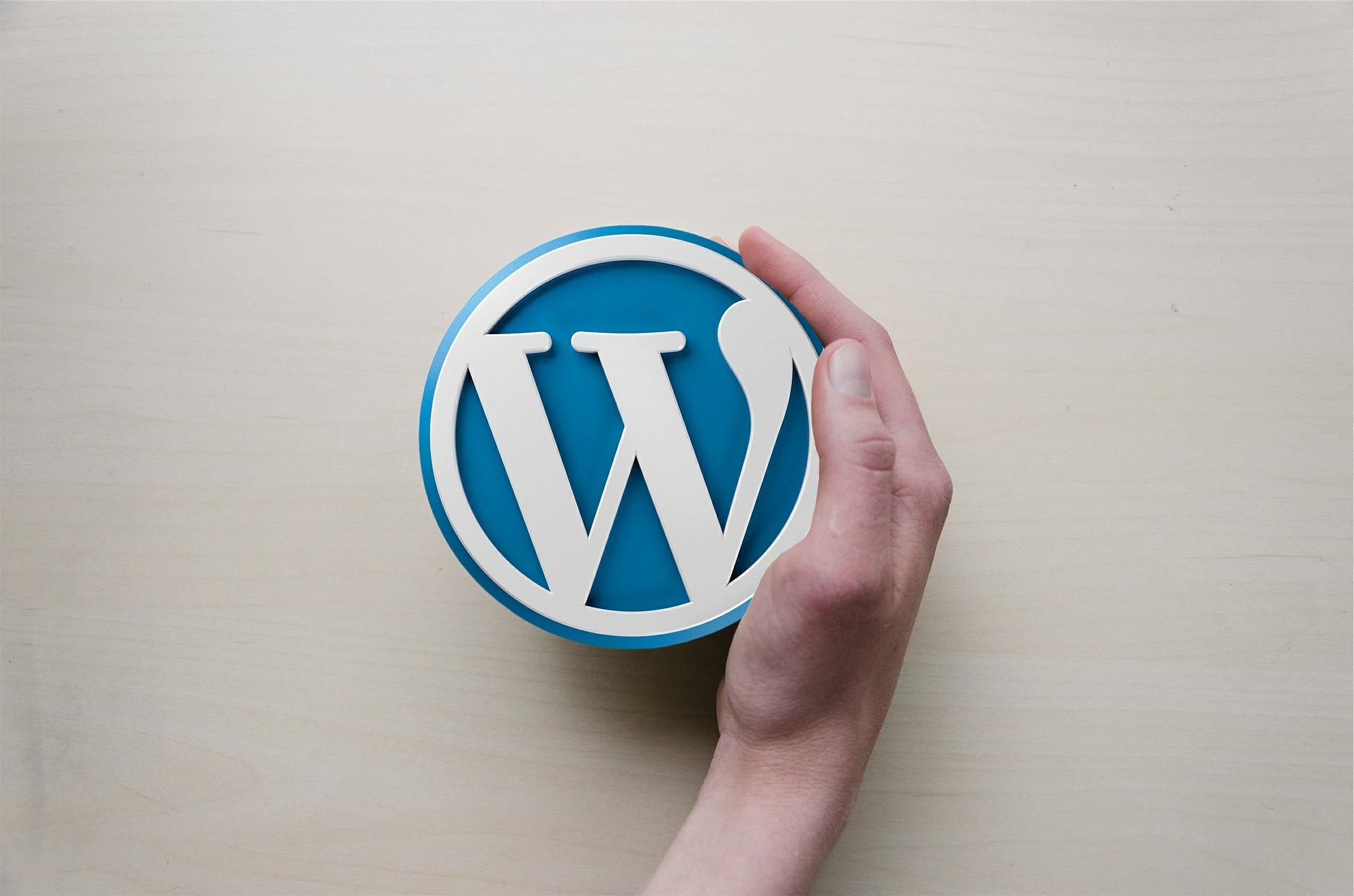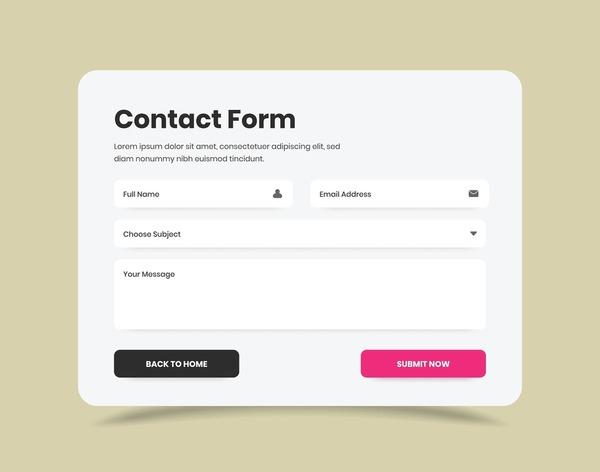Are you thinking about launching an online store but feeling overwhelmed by the sheer number of ecommerce website builders out there? You’re not alone! With so many options, it can be tough to know which platform will really help you turn your vision into reality. Whether you’re a small business owner, an aspiring entrepreneur, or just someone with a passion for selling, the right website builder can make all the difference. In this article,we’ll dive into the best ecommerce website builders on the market today—each designed to simplify the process and empower you to create a stunning online store with ease. so, grab a cup of coffee, sit back, and let’s explore how you can take your ecommerce dreams to the next level!
Exploring the Top Ecommerce Website Builders for your Online Store
When it comes to creating an online store, the choice of an ecommerce website builder can make or break your success. These platforms offer powerful tools that allow you to design, manage, and optimize your store with ease. Here’s a look at some of the top choices available today, each with its own strengths that can cater to different needs.
Shopify is often at the forefront of ecommerce discussions, and for good reason. It’s user-friendly, scalable, and offers a vast array of features that allow you to customize your store according to your brand’s identity.With its robust app store, you can enhance your site’s functionality, whether you need advanced analytics or marketing tools. Plus, Shopify’s reliable hosting ensures your site stays fast and secure.
WooCommerce stands out for those who prefer adaptability and control. As a plugin for WordPress, it allows you to leverage the power of one of the world’s most popular CMS platforms. This means you can create a fully integrated site with a blog, portfolio, or any other feature you may want. WooCommerce is highly customizable, making it perfect for businesses with specific needs and a bit of technical know-how.
BigCommerce is another robust option that is built with growth in mind.It offers a range of features for larger businesses, including advanced SEO tools and multi-channel selling capabilities. BigCommerce excels in its ability to allow users to sell directly on social media platforms and marketplaces,expanding your reach effortlessly.It’s great for businesses that anticipate scaling quickly and require a platform that can grow with them.
| Builder | Best For | Key Features |
|---|---|---|
| Shopify | Ease of use and scalability | App integrations, responsive themes, secure hosting |
| WooCommerce | Customization and flexibility | WordPress integration, extensive plugins, SEO-friendly |
| BigCommerce | Growth-oriented businesses | Multi-channel selling, advanced analytics, robust SEO tools |
if you’re looking for a more budget-friendly option, Squarespace and Wix are excellent choices. While they may not have all the bells and whistles of more specialized ecommerce platforms, they provide gorgeous templates and simple drag-and-drop functionality, making it easy for anyone to set up an online store. Squarespace is especially known for its stunning design capabilities, while Wix offers great flexibility with its ADI (Artificial Design Intelligence) feature.
Key Features to Look for in an Ecommerce Builder
When choosing an ecommerce builder, it’s essential to consider features that will not only support your current needs but also grow with your business. A robust platform should provide you with the tools required to create a seamless shopping experience for your customers. Here are some key features that can make a significant difference:
- User-friendly Interface: An intuitive drag-and-drop editor allows you to design your store without needing extensive technical skills. Look for a platform that offers a simple setup process to get your store up and running quickly.
- Mobile Responsiveness: With an increasing number of consumers shopping from their mobile devices, ensure that the builder you choose automatically creates a mobile-friendly version of your site. This feature is crucial for providing a consistent shopping experience.
- Payment Gateway Integration: The ability to accept various payment methods is essential.Look for ecommerce builders that support multiple payment gateways, including credit cards, PayPal, and even cryptocurrency, to cater to diverse customer preferences.
- SEO Tools: A great ecommerce site isn’t just visually appealing; it also needs to be easily found. Ensure your builder has SEO features like customizable meta tags,alt text for images,and built-in blogging tools to help boost your search engine visibility.
- Inventory Management: Keeping track of inventory is crucial for any online store. Choose a platform that offers robust inventory management features, including stock tracking, automated notifications for low stock levels, and easy product categorization.
In addition to the features mentioned above, consider the following functionality that can elevate your ecommerce experience:
| Feature | Description |
|---|---|
| Analytics & reporting | Access to built-in analytics tools allows you to track sales, customer behavior, and website performance. |
| Marketing Tools | Look for features like email marketing integration, discount codes, and affiliate marketing capabilities. |
| Customer Support | Reliable customer support is vital. Opt for a service that offers 24/7 assistance via live chat, email, or phone. |
| Customization Options | Ensure the builder allows for extensive customization of themes and templates to align with your brand identity. |
Choosing the right ecommerce builder can considerably influence your success in the online marketplace. By carefully evaluating these features, you can find a platform that not only meets your current needs but is also scalable for future growth. the right mix of user experience, functionality, and customization will set your online store apart from the competition, making it easier to attract and retain customers.
Comparing Pricing Plans: Finding the Best Value
when it comes to choosing the right ecommerce website builder, the pricing plans can often feel overwhelming. It’s essential to look beyond the initial cost and consider what each plan offers in terms of features, scalability, and support. After all, the best value isn’t just about the price tag; it’s about what you get for your investment.
Here’s a breakdown of some common pricing structures you might encounter:
- Monthly plans: These are popular for small businesses or those just starting out. They often have lower upfront costs but can add up over time.
- Annual Plans: Typically offer a discount if you pay upfront for the year. This can be a great way to save money in the long run.
- Freemium Models: Allow users to start for free with basic features, but additional functionalities are locked behind a paywall.
To help you make an informed decision, consider what essential features are included in each plan. As an example, does the basic plan offer payment processing? Are there limits on the number of products you can list? A feature comparison can clarify which plans deliver the best value.
| Plan Type | Monthly Cost | Key Features |
|---|---|---|
| Basic | $29 | 10 Products, Basic Support |
| Standard | $79 | Unlimited Products, Advanced Support |
| Premium | $299 | Unlimited products, Premium Support, Analytics |
In addition to cost and features, consider the level of customer support offered.A plan that seems cheaper may not be the best choice if it lacks adequate support options. Look for builders that offer 24/7 assistance or extensive resources like tutorials and community forums,as these can save you time and stress as you navigate your ecommerce journey.
Ultimately, the best value is a combination of cost, features, and support tailored to your unique needs. Make sure to weigh these factors carefully, and don’t hesitate to take advantage of free trials or demos to see how each platform aligns with your business goals.
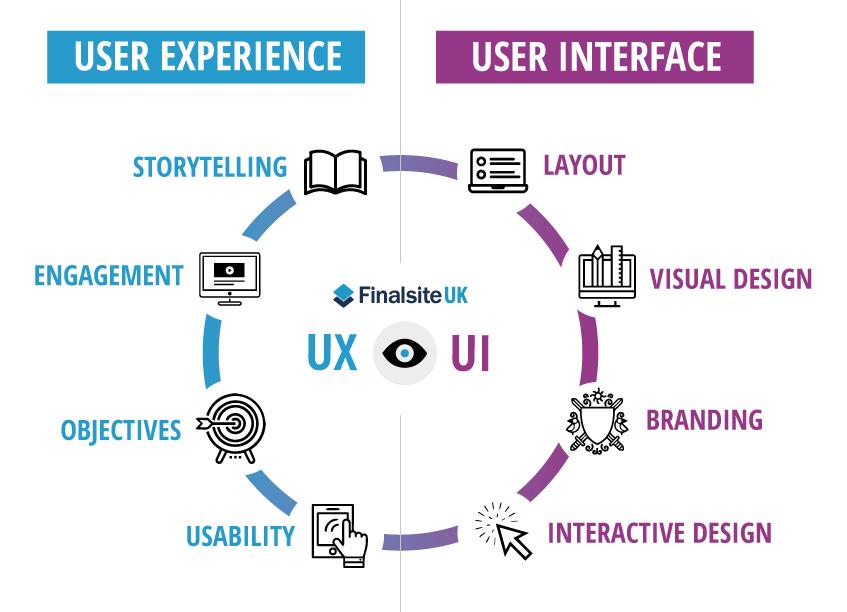
User Experience Matters: Choosing a Builder That’s Easy to Navigate
When it comes to online shopping, the user experience is paramount. A well-designed eCommerce website not only attracts customers but also keeps them engaged. Therefore, choosing a builder that prioritizes ease of navigation can significantly impact your store’s success. A smooth browsing experience ensures that customers can find what they need quickly, reducing frustration and cart abandonment rates.
Here are some features to look for when evaluating the user experience of an eCommerce website builder:
- Intuitive Interface: The dashboard should be easy to navigate, allowing you to manage your products, categories, and orders with minimal effort.
- Mobile Responsiveness: With the growing number of mobile shoppers, ensure that the templates are optimized for all devices.
- Customizable Layouts: flexibility in design allows you to create a unique storefront that reflects your brand, making it easier for customers to recognize and trust your site.
- Search Functionality: A powerful search feature, complete with filters, helps customers find products quickly and efficiently.
- Checkout Process: A streamlined, multi-step checkout process helps reduce cart abandonment and improves conversion rates.
To give you a clearer picture, here’s a comparison of some popular eCommerce website builders based on their user navigation features:
| Builder | Interface | Mobile Optimized | Checkout Process |
|---|---|---|---|
| Shopify | Highly intuitive | Yes | Single-page checkout |
| Wix | User-friendly | Yes | Multi-step checkout |
| BigCommerce | Comprehensive dashboard | Yes | Customizable checkout |
| Squarespace | Sleek and modern | Yes | Integrated checkout |
Ultimately, selecting a builder that emphasizes user experience can make a world of difference. Not only will it simplify your operations, but it will also create a seamless shopping experience for your customers.This approach fosters loyalty and encourages repeat visits, transforming your eCommerce venture into a successful and lasting business.

Customization Capabilities: Making Your Store Stand Out
In today’s competitive online marketplace, creating a memorable brand experience is essential, and the right ecommerce website builder can help you achieve just that. With a myriad of customization options available, you can ensure that your store not only meets your needs but also resonates with your target audience. Here’s how you can make your store stand out from the crowd.
One of the most significant advantages of advanced website builders is the flexibility they offer in design. You can choose from a variety of templates, each of which can be tailored to reflect your brand’s identity. Consider the following features:
- Drag-and-drop functionality: Easily rearrange elements on your page without any coding skills.
- Custom fonts and colors: Align your store’s aesthetics with your brand image.
- Unique layout options: Create a visually appealing storefront that captures attention.
Moreover, incorporating customizable product pages can significantly enhance your customers’ shopping experience. Personalized product displays allow you to showcase your items in the best light. Think about integrating:
- Image galleries: Share multiple views and angles of each product.
- Video demonstrations: Show potential buyers how your product works.
- User-generated content: Display reviews and photos from satisfied customers to build trust.
Another critical aspect of customization is the ability to integrate various marketing tools. A well-optimized store not only looks good but also functions effectively to convert visitors into customers. consider adding:
- email marketing tools: Stay connected with your audience through newsletters and promotions.
- SEO optimization features: Make your store more visible on search engines to attract organic traffic.
- Social media integrations: Encourage sharing and engagement across platforms.
don’t underestimate the power of personalization. Using data insights, you can tailor the shopping experience to meet individual preferences. This can be achieved through:
- Product recommendations: Suggest items based on browsing history.
- Custom landing pages: Create targeted pages for specific customer segments.
- Dynamic pricing: Offer personalized discounts to encourage purchases.
Incorporating these customization capabilities not only helps in crafting a unique brand identity but also fosters customer loyalty. When your ecommerce store reflects your vision and caters to your customers’ needs, you’re not just selling products; you’re creating an experience. Let’s get started on building a store that truly stands out!

Integrations That Enhance Your Ecommerce Experience
In the fast-paced world of ecommerce, leveraging the right integrations can drastically enhance your online store’s performance and user experience. By connecting your website builder with various tools, you can streamline operations, optimize marketing efforts, and improve customer satisfaction. Here are some key integrations that can take your ecommerce experience to the next level:
- Payment Gateways: Offering multiple payment options is crucial. Integrate with providers like PayPal, Stripe, or Square to cater to a wider audience and enhance customer trust.
- Shipping Solutions: Automate your logistics with integrations from services like shipstation or Easyship. This not only saves time but also enhances customer experience with real-time tracking.
- CRM Systems: tools like HubSpot or Salesforce can help you manage customer relationships effectively. Collect valuable data to personalize your marketing strategies and drive sales.
- Email Marketing: Integrate platforms like Mailchimp or Constant Contact to easily communicate with your customers through newsletters, promotions, and abandoned cart reminders.
- Analytics Tools: Use Google Analytics or Hotjar to gain insights into customer behavior. This data is invaluable for making informed decisions that can boost conversions.
Additionally, consider integrating social media platforms to enhance your online presence. By connecting your store with Facebook,Instagram,and pinterest,you can tap into a larger audience. Use social selling features to allow customers to shop directly from posts, making it effortless for them to discover and purchase your products.
| Integration Type | Benefits |
|---|---|
| Payment gateways | Increased conversion rates, customer trust |
| Shipping Solutions | Streamlined logistics, improved tracking |
| CRM Systems | Enhanced customer insights, personalized marketing |
| email Marketing | Boosted engagement, effective interaction |
| Analytics Tools | Data-driven decisions, improved sales strategies |
When choosing integrations, focus on those that align with your business goals and enhance user experiences. These tools not only automate critical processes but also create a seamless shopping journey for your customers. As you build and refine your ecommerce store, let these integrations work for you, and watch how they transform your online business.
Mobile Responsiveness: Why Its Crucial for Your Success
In today’s digital landscape, where mobile devices dominate internet usage, having a website that looks great and functions smoothly on smartphones and tablets isn’t just a luxury—it’s a necessity. Customers expect a seamless shopping experience,and anything less can lead to frustration and,ultimately,lost sales. Mobile responsiveness ensures that your ecommerce site adjusts perfectly to any screen size, providing a tailored experience for every user.
Consider these compelling reasons why mobile responsiveness should be at the forefront of your ecommerce strategy:
- Enhanced User Experience: A mobile-friendly site improves navigation and readability, allowing customers to easily browse products, read descriptions, and make purchases.
- Higher Conversion Rates: When users can navigate your site effortlessly,they’re more likely to complete their transactions. A seamless mobile experience frequently enough translates into increased sales.
- Search Engine Optimization (SEO): Search engines prioritize mobile-friendly websites in their rankings. By opting for responsive design, you’re likely to see improvements in your search visibility.
- Wider Audience Reach: A responsive website caters to a broader audience,attracting users on various devices. This inclusivity can significantly boost your customer base.
To illustrate the impact of mobile responsiveness,consider the following table that compares mobile-responsive websites to non-responsive ones:
| Feature | Mobile Responsive | Non-responsive |
|---|---|---|
| Navigation | Intuitive and user-friendly | Cluttered and confusing |
| Loading Speed | Optimized for speedy loading | Often slow and laggy |
| User Retention | Higher retention rates | Higher bounce rates |
Investing in mobile responsiveness is not just about keeping up with trends; it’s about future-proofing your ecommerce business. As consumer behavior continues to shift towards mobile,those who prioritize a responsive design are more likely to thrive. Don’t risk being left behind—embrace mobile responsiveness as a core component of your ecommerce strategy and watch your business flourish.
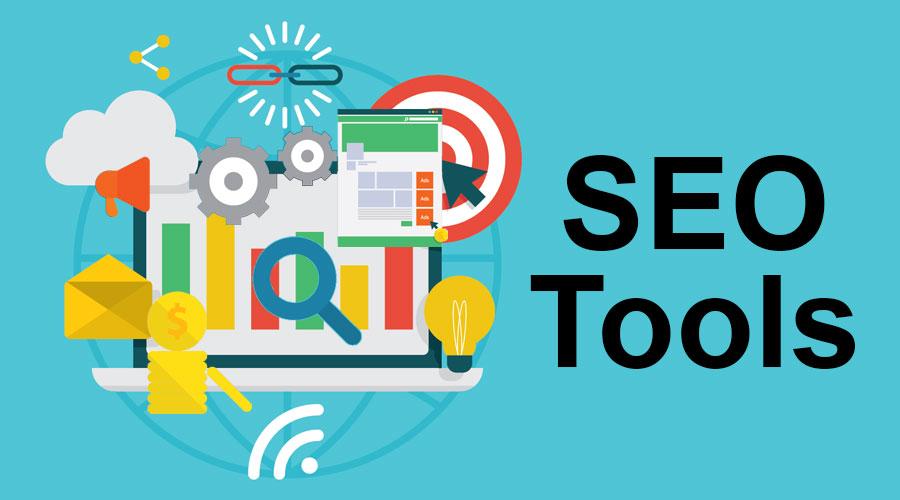
SEO Tools: Boosting Your Online Visibility
In the competitive landscape of eCommerce, having the right tools to enhance your online presence is crucial. SEO tools serve as your digital compass, guiding you through the complex world of search engine optimization.With the right techniques and resources at your disposal, you can significantly improve your website’s visibility, attract more traffic, and ultimately boost your sales.
Here are some essential SEO tools that every eCommerce business should consider:
- Google Analytics: This tool provides invaluable insights into your website’s performance, user behavior, and traffic sources. Understanding these metrics allows you to tailor your strategies effectively.
- Ahrefs: Known for its robust backlink analysis, Ahrefs helps you discover opportunities for link building and improves your site’s authority over time.
- SEMrush: A comprehensive tool that not only offers keyword research but also provides insights into your competitors’ strategies, giving you an edge in the market.
- Yoast SEO: If you’re using WordPress, Yoast is a must-have. This plugin assists with on-page SEO, ensuring your content is optimized for search engines.
Utilizing these tools can lead to a significant enhancement in your site’s SEO performance. As a notable example, by integrating striking visuals with optimized product descriptions, you can engage visitors longer, reducing bounce rates and improving your rankings. Here’s a quick overview of how these tools can be implemented:
| Tool | key Features | Benefits |
|---|---|---|
| Google Analytics | User behavior tracking, Traffic source analysis | Informed decision-making, Improved marketing strategies |
| Ahrefs | Backlink analysis, Content explorer | Enhanced domain authority, competitive insights |
| SEMrush | Keyword research, Site audit | Targeted traffic growth, Enhanced SEO health |
| Yoast SEO | On-page SEO checks, readability analysis | Content optimization, Better search ranking |
Incorporating these SEO tools into your eCommerce strategy not only enhances your site’s performance but also plays a pivotal role in creating a seamless shopping experience for your customers. By prioritizing SEO, you position your online store for long-term success, ensuring that potential customers can find you easily amidst the online noise.
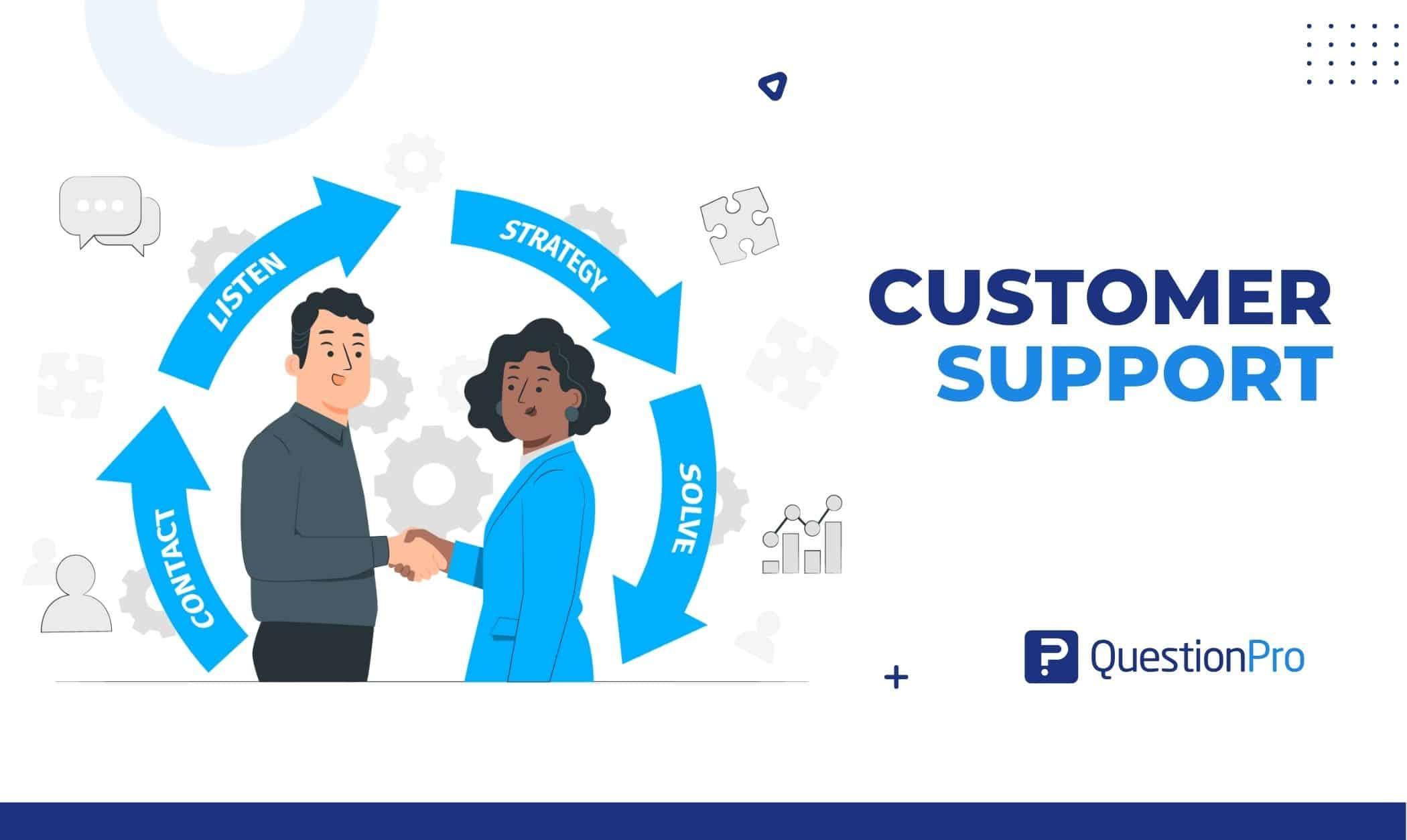
Customer Support: How It Can Make or Break Your Experience
When it comes to ecommerce, the importance of customer support cannot be overstated.A seamless shopping experience is not just about having an attractive website; it’s also about what happens after the purchase is made. Great customer support can turn a casual shopper into a loyal customer,while poor service can quickly sour even the most excited buyer.
imagine this scenario: you’ve just launched your online store using a reputable ecommerce website builder. Your site looks stunning, and you’ve invested time and money into marketing.However, when an issue arises—a delayed shipment or a technical hiccup—how your support team responds can either save or ruin your business’s reputation. This is where effective customer support truly shines:
- Timely Responses: Customers appreciate quick replies to their inquiries. A support team that answers questions promptly can alleviate frustration and build trust.
- Multiple Channels: Offering support via live chat, email, and social media allows customers to choose their preferred method of communication.
- Knowledgeable Staff: Well-trained support representatives can provide accurate information and solve issues efficiently.
Moreover,excellent customer support doesn’t just resolve problems; it enhances the overall shopping experience. When customers feel heard and valued, they’re more likely to return for future purchases. Consider implementing a feedback loop where customers can share their experiences with the support team. This not only helps you improve but also makes customers feel integral to your brand’s journey.
| Support Feature | Benefits |
|---|---|
| Live Chat | Instant assistance for urgent queries |
| Comprehensive FAQs | Empowers customers to find answers quickly |
| 24/7 Service | Ensures help is available whenever needed |
| multilingual Support | Attracts a diverse customer base |
In a competitive marketplace, where numerous ecommerce platforms vie for attention, the quality of customer support can serve as a key differentiator. Investing in a robust support system not only enhances customer satisfaction but also boosts brand loyalty. customers are more likely to recommend your store to friends and family if they know they can rely on remarkable support when needed.

Real Success Stories: brands That Thrived with the Right Builder
In the realm of eCommerce, the right website builder can be a game changer. Let’s take a look at some brands that transformed their online presence and skyrocketed their sales through strategic choices in website builders.
1. allbirds: This sustainable shoe brand leveraged a well-designed eCommerce platform to showcase their eco-friendly products. By using a builder that emphasized a clean and minimalistic design, Allbirds created an engaging shopping experience. Their site not only highlights product features but also tells a compelling brand story, which resonates with their environmentally-conscious audience.
2. Gymshark: This fitness apparel brand harnessed the power of Shopify to create a visually striking and user-friendly website.With features like seamless navigation, engaging content, and integrated social proof, Gymshark built a strong community around their products. The builder enabled them to run effective marketing campaigns, driving not just traffic but also conversion rates that many brands can only dream of.
3. Warby Parker: By using a custom eCommerce solution,Warby Parker redefined the online eyewear shopping experience. Their website incorporates augmented reality,allowing customers to virtually try on glasses. This innovative feature, powered by the right website builder, not only enhances user experience but also significantly reduces return rates. Warby Parker’s success highlights how choosing a builder that supports advanced features can lead to remarkable business growth.
| Brand | Website builder | Key Feature |
|---|---|---|
| Allbirds | Custom Builder | Eco-friendly storytelling |
| Gymshark | Shopify | Seamless navigation |
| Warby Parker | Custom solution | Augmented reality try-on |
These success stories echo a common theme: the right website builder does not just host a brand; it empowers it. From driving sales to enhancing customer engagement, investing in a robust platform can yield impressive dividends. As you consider your options, remember that the right tools can elevate your brand from ordinary to unusual.
Frequently Asked Questions (FAQ)
Q&A: The Best Ecommerce Website Builders
Q: Why should I consider using an ecommerce website builder instead of coding from scratch?
A: Great question! Using an ecommerce website builder saves you time and effort. These platforms are designed to be user-friendly, even for those with little to no coding experience. They come with pre-built templates, drag-and-drop features, and integrated tools for payment processing, inventory management, and SEO. This means you can focus on what really matters: growing your business!
Q: What features should I look for in an ecommerce website builder?
A: Look for features that will support your business needs. Key features include customizable templates, mobile responsiveness, secure payment gateways, inventory management, SEO tools, and customer support. Additionally, consider whether the builder offers integrations with third-party apps, as this can enhance your store’s functionality.
Q: Are there any ecommerce website builders that are particularly good for beginners?
A: Absolutely! Platforms like Shopify, Wix, and BigCommerce are fantastic options for beginners. They offer intuitive interfaces and plenty of resources like tutorials and customer support to help you get started. Plus, they provide built-in tools that simplify the process of setting up your online store.
Q: Are ecommerce website builders expensive?
A: it depends on the platform and the features you choose. many builders offer tiered pricing plans, so you can select one that fits your budget. Some even offer free trials or free basic plans, allowing you to test the waters before committing. investing in a solid ecommerce platform can save you money in the long run by helping you avoid costly growth fees.
Q: Can I sell on multiple platforms with these website builders?
A: Definitely! Many ecommerce website builders, like Shopify and WooCommerce, allow you to integrate with various sales channels, such as Amazon, eBay, and social media platforms. This means you can expand your reach and increase your sales without needing to manage multiple websites separately.
Q: What if I need help or support while using an ecommerce website builder?
A: Most reputable ecommerce platforms offer extensive customer support, including live chat, email, and phone support. Additionally, you can find a wealth of resources such as FAQs, forums, and video tutorials. Many builders also have active community groups, where you can connect with other users for tips and advice.
Q: Can I customize the design of my online store?
A: Absolutely! One of the great things about ecommerce website builders is their focus on customization. You can choose from a variety of templates and modify them to match your brand’s aesthetic. Most platforms allow for further customization through CSS and HTML, so you can truly make your store your own.
Q: How do I choose the best ecommerce website builder for my business?
A: Start by identifying your specific needs and goals. Consider factors like your budget, the products you’re selling, and your technical expertise. Research reviews and comparisons of popular builders, and take advantage of free trials to test the platforms firsthand. Finding the right fit for your business will set you up for success!
Q: Is it worth investing time in learning how to use an ecommerce website builder?
A: Definitely! Understanding how to effectively use your chosen ecommerce website builder can significantly impact your business’s success. With the right knowledge, you can optimize your store, enhance customer experience, and ultimately drive sales. Plus, the skills you learn will empower you to make informed decisions as your business grows.
Conclusion: Choosing the right ecommerce website builder is a crucial step in your online business journey. By prioritizing user-friendliness, key features, and support, you can set yourself up for success. So why wait? Start exploring your options today and take your ecommerce venture to new heights!
In Conclusion
choosing the right eCommerce website builder is a crucial step towards turning your business dreams into reality. With so many excellent options available, you can find the perfect platform that fits your needs, whether you’re just starting out or looking to scale. Remember, the right tools can significantly impact your online store’s success, from user-friendly interfaces to robust features that help you manage your inventory and track sales.
So, why wait? Take a moment to explore the platforms we’ve discussed, weigh the pros and cons, and envision how each can help you create an engaging shopping experience for your customers. After all, your online store deserves the best foundation to thrive.
If you’re ready to take the plunge, start building today—your future self will thank you! Happy selling, and here’s to your eCommerce success!

